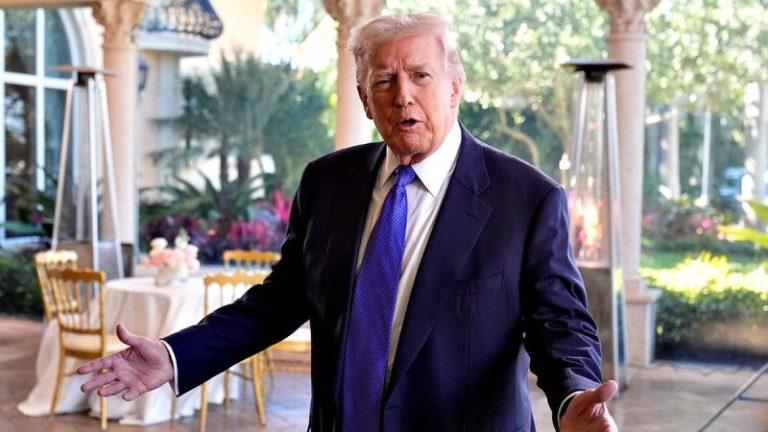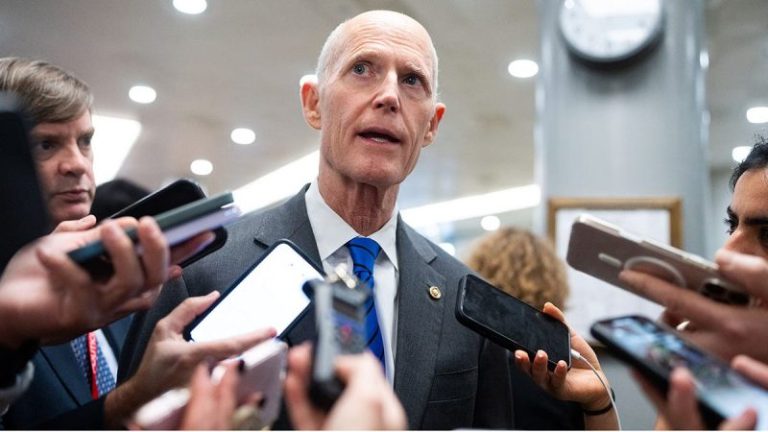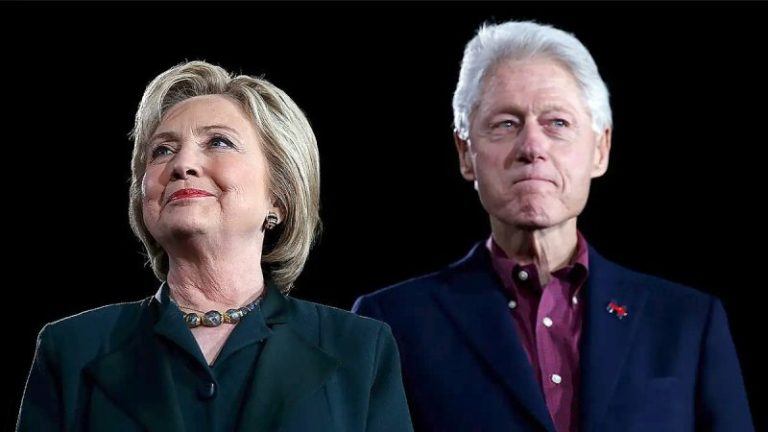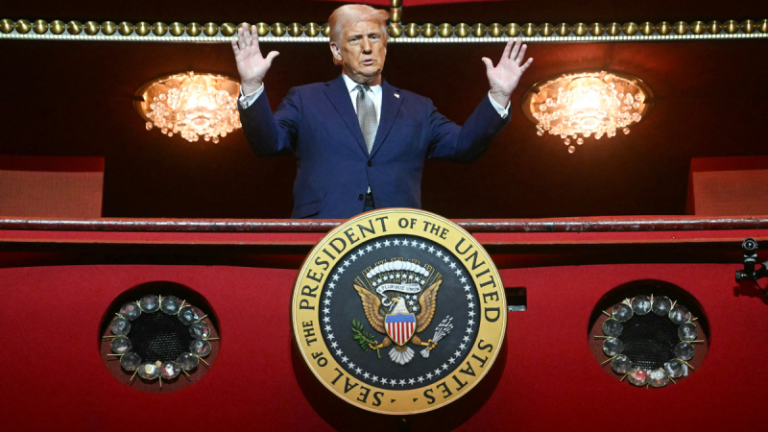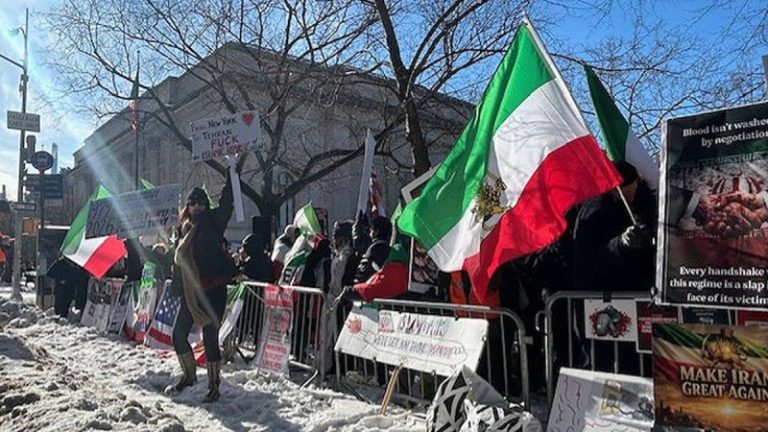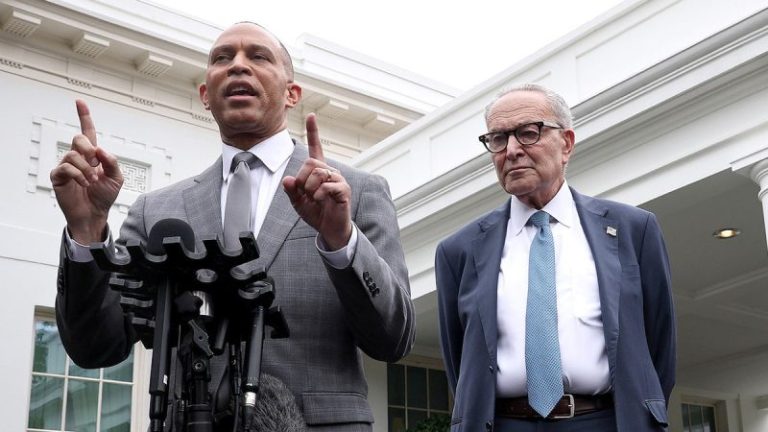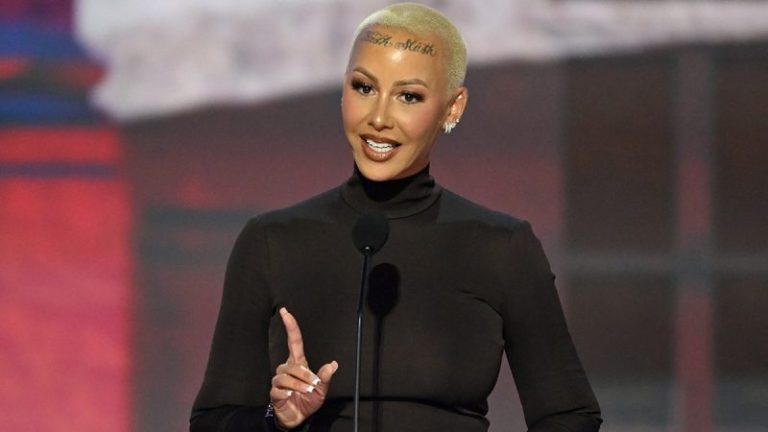House Democrats are poised to rebel against Senate Minority Leader Chuck Schumer’s spending deal with the White House, Fox News Digital is told, an act that could prolong the ongoing partial government shutdown.
House Minority Leader Hakeem Jeffries, D-N.Y., made clear to Speaker Mike Johnson, R-La., that the plan by Republicans to fast-track the legislation on Monday evening would fail, four House GOP sources told Fox News Digital.
That means Johnson will need to lean heavily on his razor-thin House GOP majority to pass the bill through multiple procedural hurdles before it can see a final vote, likely Tuesday at the earliest.
The federal government has been in a partial shutdown since the wee hours of Saturday morning after Congress failed to find a compromise on the yearly budget by the end of Jan. 30.
Some areas of the government have already been funded, but spending for the departments of War, Transportation (DOT), Health and Human Services (HHS), and Department of Homeland Security (DHS), among others, is now in question.
House Democrats do not feel bound by the deal their counterparts in the Senate struck with President Donald Trump’s White House, the sources told Fox News Digital.
The sources said House Democrats are also frustrated that Schumer put them in a position where they were expected to take the deal on.
‘Democrat division creates another government shutdown,’ one House Republican told Fox News Digital.
But it could be difficult for House GOP leaders to corral all the votes needed as well. Multiple Republicans have already expressed concerns about the compromise requiring them to negotiate with Democrats on reining in Trump’s immigration crackdown, while others like Rep. Anna Paulina Luna, R-Fla., are pushing their own priorities to be included in exchange for their support.
Luna told Fox News Digital that she would not support the legislation if it did not include an unrelated measure that would require proof of citizenship in the voter registration process, a separate but widely-accepted GOP bill.
Johnson told House Republicans in a lawmakers-only call on Friday that he hoped to pass the legislation under ‘suspension of the rules,’ which would fast-track the bills in exchange for raising the threshold for passage from a simple majority of the chamber to two-thirds.
But now the House Rules Committee, the final gatekeeper before most chamber-wide votes, will be considering the legislation on Monday afternoon.
Then it must survive a House-wide ‘rule vote,’ a procedural test vote that normally falls on party lines, before voting on final passage.
House Majority Whip Tom Emmer, R-Minn., signaled to Fox News Live anchor Aishah Hasnie earlier on Saturday that he expected Jeffries to go rogue on Schumer.
‘We can’t trust the minority leader to be able to get his members to do the right thing. That’s the issue,’ Emmer told Hasnie.
The deal that passed the Senate on Friday combined five spending bills that already passed the House, while leaving off a bipartisan plan to fund DHS.
Instead, it would fund DHS at current levels for two weeks while Democrats and Republicans could negotiate a longer-term bill that would also rein in Immigration and Customs Enforcement (ICE). Democrats demanded that in the wake of federal law enforcement-involved killings of two U.S. citizens in Minneapolis during anti-ICE demonstrations there.
But Jeffries made no promises on the deal after it passed the Senate Friday, saying in a public statement, ‘The House Democratic Caucus will evaluate the spending legislation passed by the Senate on its merits and then decide how to proceed legislatively.’
A failure to move forward with the plan quickly risks the limitation or pausing of paychecks for military service members, airport workers, as well as putting funding for natural disaster management and federal healthcare services into question.
Fox News Digital reached out to Jeffries, Schumer, and Johnson’s offices for further comment but did not immediately hear back.
This post appeared first on FOX NEWS


